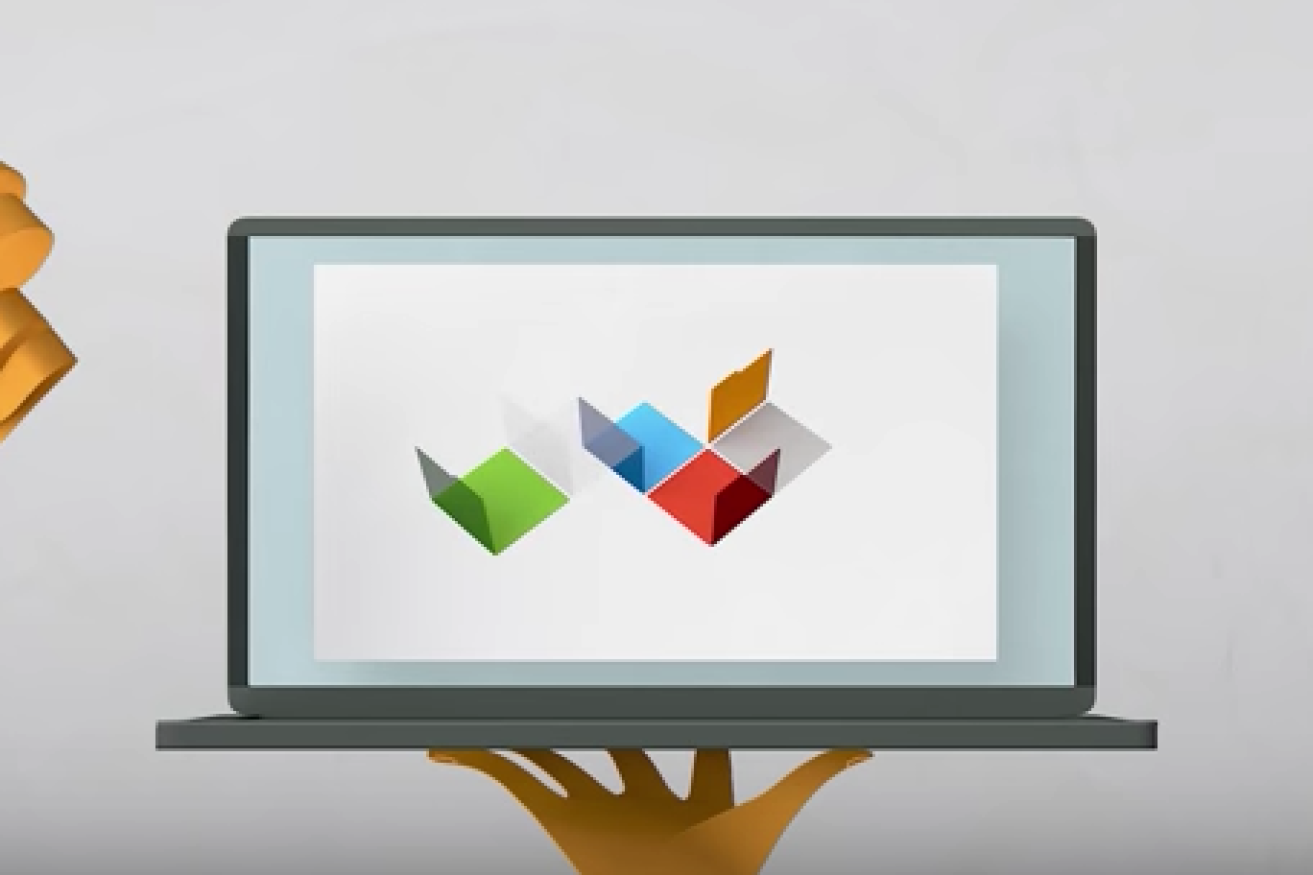Top myths revealed as deadline looms: My Health Record


The three month opt-out window begins July 16. Photo: My Health Record
The three-month countdown to opt out of the government’s My Health Record began on Monday, yet many Australians know very little about the e-health system and how it will affect them.
From myths about e-records for newborns and migrants, to questions about data security, the switch to an online system is not as straightforward as it would seem.
“Though the Australian Medical Association supports My Health Record and its benefits, many GPs are concerned there may be a current lack of public awareness about what it is and how it works,” AMA president Dr Tony Bartone told The New Daily in June.
From Monday, Australians can opt out of the government’s My Health Record by visiting the official website or by calling the helpline on 1800 723 471.
Since launching six years ago, 5.9 million people have signed up for a My Health Record.
Supporters argue the e-record will save lives, especially within hospital and emergency settings. But critics say sensitive medical information could fall into the wrong hands.
To help you decide which way to go, we have rounded up the top myths and facts about the My Health Record.
Your entire medical history will be uploaded: FALSE
Up to two years of previous Medicare data will be uploaded online when you first receive your record. However, older medical reports, tests and scans will not be automatically added to your e-record.
This information may include Medicare data, organ donation decisions, immunisations that fall under the Australian Immunisation Register, as well as Pharmaceutical Benefits Scheme (PBS) information held by the Department of Human Services. You can remove this information once you log in.
Only your GP can upload information or data: FALSE
Your GP, specialist, nurse or pharmacist can upload information to your health record. Hospital staff, some participating pathology labs or diagnostic imaging providers, and allied health professionals will also be able to upload data or information.
In addition, patients can add personal health information and notes to their record.
Private health insurers can access your record: FALSE
In theory, only registered healthcare providers are authorised to update and view the e-record. Therefore, private health insurers should not have access to sensitive medical information, a Department of Health spokesperson confirmed with the ABC.
There will be instances where de-identified information may be used for research and public health purposes without a person’s consent. However, this will be for public benefit only and does not extend to insurance companies.
You may already have a My Health Record without realising: TRUE
Though the opt-out period officially commenced on July 16, the My Health Record system has been active for six years. Some patients will already have an e-record, in addition to an online Medicare and MyGov account.
If you are unsure whether you already have a record, visit the My Health Record website or call the helpline on 1800 723 471.

Parents can opt out of the My Health Record on behalf of their children. Photo: Getty
Parents can opt out on behalf of their children: TRUE
Parents of children under the age of 18 can opt out of My Health Record on their behalf. However, the child must be listed on your Medicare card.
Children aged 14 and over can also opt out on their own – they will need their Medicare number to follow the steps online.
Newborns will automatically receive a My Health Record: FALSE
Parents to newborns are given the option to sign up for a My Health Record. You can keep track of their health information via the My Childhood Development section on your child’s My Health Record account.
This section may include information about personal measurements, vaccinations, growth and development, and emergency contact details.
Once you delete data from your record they will be lost forever: FALSE
You have the option to remove documents from your My Health Record, but this means doctors and other healthcare providers won’t be able to access the deleted records in an emergency. If you delete a document by mistake, or change your mind, you will be able to reinstate it at a later date.








